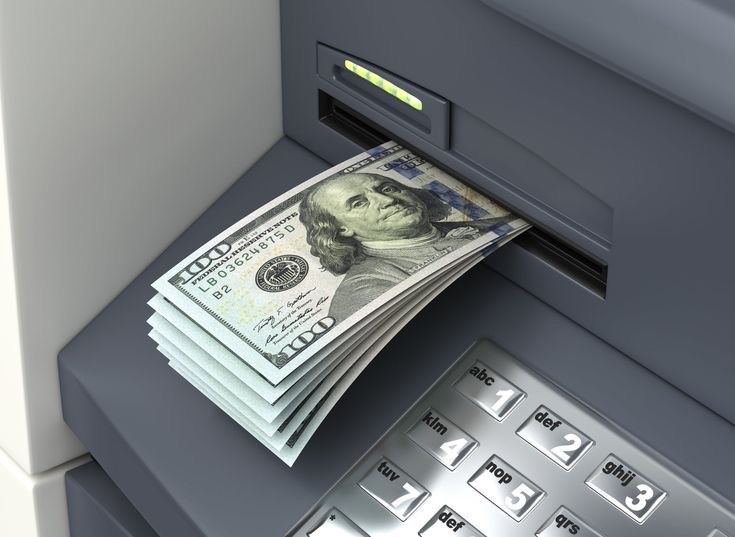On Wednesday, the Central Bank of Nigeria issued a circular outlining new regulations concerning the allowable reserves of foreign currency held by commercial banks. The directive, effective until February 1, 2024, explicitly warned all banks and lenders against accumulating excessive stocks of US dollars. This initiative is a strategic move by the central bank aimed at mitigating the prevailing volatility in the nation’s exchange rate.
Various reports indicate that the Central Bank of Nigeria operates under the motivation that some commercial banks have been holding long-term foreign exchange positions. The idea is that these positions are purposefully designed to capitalise on the unpredictable variations in currency rates, potentially resulting in significant profits for the banks involved. The central bank is concerned about the growing amount of foreign exchange exposure that these banks’ balance sheets are displaying, especially in light of the recent sharp decline in the value of the local currency relative to the US dollar.
This circular titled ” Harmonisation Of Reporting Requirements On Foreign Currency Exposure Of Banks” introduces a set of guidelines with the objective of mitigating the risks associated with certain banking practices. The Central Bank of Nigeria (CBN) expressed concerns about the increasing trend of banks holding significant foreign currency reserves.

The primary aim of this circular is to enforce the Net Open Position Limit (NOP), which mandates that banks either maintain a position of 0% long (not holding more foreign currency assets than the unimpaired shareholder funds) or 20% short (having more foreign currency assets than liabilities).
On Thursday, Deposit Money Banks made concerted efforts to dispose of their surplus dollar holdings. It was observed that the treasury divisions of these banks actively sought throughout the day to divest themselves of excess foreign exchange holdings.
The most recent circular was sent just 48 hours after the CBN issued one cautioning banks and foreign exchange dealers not to report fictitious exchange rates, among other things. The latest development also coincided with the FMDQ Exchange’s modification of the process for determining the official exchange rate of the country.
The Apex bank further states that banks exceeding these specified NOP limitations must change their holdings by February 1, 2024, to comply with the new guidelines.
Following the most recent CBN directives, which attempt to harmonise the official parallel market prices of the local currency, numerous banks sold FX to their customers on Thursday.
The development led to sharp rebound of the national currency in the official market. Bureau De Change operators in Lagos, Kano and Abuja also pushed to sell their dollars holding amid fear that the local unit might sustain the gain in the coming days.

NOP is the difference between a bank’s foreign currency assets and liabilities. This included both on-balance sheet and off balance sheet items.
As the naira rebounded from commercial banks and was released into the official market following the Central Bank of Nigeria’s 24-hour ultimatum, the pressure in the foreign currency market is beginning to ease. This was evident in the 85.36 percent surge in dollar transactions among active buyers and sellers, including banks, exporters, and investors.
The official market recorded a daily foreign exchange market turnover, escalating from 72.33 million on Tuesday to 134.07 million on Wednesday.
Consequently, the naira appreciated by 1.85%, with the dollar being valued at N1,455.59 on Wednesday, compared to N1,482.57 on Tuesday, according to data from the FMDQ and the Nigerian Autonomous Foreign Exchange Market (NAFEM).
Analysts believe that the CBN’s new FX restrictions will support the dollar supply coming from commercial banks and stabilise the naira as quickly as feasible.
“While the effect of this policy on the naira would be one-time and transitory, it should help calm the market and stabilise the naira over the next few days, especially if the CBN follows through on the policy with strong oversight to avoid infractions of disguised compliance,” Abiola Rasaq, former economist and head of investor relations for United Bank of Africa Plc said.
Through the curbing speculative activities that could increase currency volatility, this regulation step highlights the central bank’s commitment to preserving stability in the domestic economy. The action also shows that the banking industry is taking a proactive stance in addressing possible concerns related to excessive foreign exchange exposure. The central bank hopes to create a more stable and safe environment for the nation’s financial markets by encouraging financial institutions to adhere to the set restrictions, which will ultimately strengthen Nigeria’s economy as a whole.
Sources
- https://punchng.com/naira-rebounds-as-banks-offload-excess-dollars/?amp
- https://www.legit.ng/business-economy/economy/1576712-n1500-naira-recovers-bank-dump-excess-dollars/
- https://techeconomy.ng/naira-strengthens-as-banks-sell-excess-dollars/
- https://businessday.ng/news/article/naira-gains-as-banks-offload-dollars-into-fx-market/?amp=1
- https://punchng.com/cbn-orders-banks-to-sell-excess-dollars-in-24-hours/?amp




